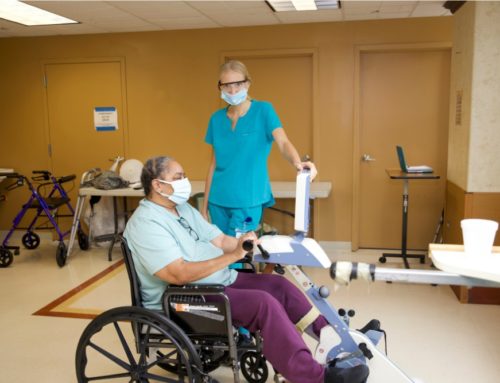Pulse In The Ear: Should You Worry About Tinnitus?
Tinnitus affects up to one fifth of all people and is even more common in the elderly. It is a pulse in the ear – often in one ear, sometimes in both.
Good diagnosis, medical care and treatment of the underlying causes can help relieve that heartbeat in the ear. It can actually be extremely uncomfortable if the symptom is persistent. Make sure that you see a doctor, who will also check brain function and coordination as tinnitus may be a tell-tale sign of neurological diseases, which can get worse if left untreated.
Knowing why you are feeling a pulse in the ear and understanding the possible causes can provide some reassurance. A doctor will check your heart and blood pressure as tinnitus sometimes indicates a circulatory problem. He/she will also check your hearing as age-related hearing loss can cause this condition.
What follows is a general overview of the causes of tinnitus and may not be relevant to individual cases. Be sure to speak to your doctor for the best advice specific to your condition and circumstances.

Why Do I Hear A Pulse In The Ear?
The causes of tinnitus can be many and varied, so a good diagnosis is vital. If the hairs in your inner ear that detect sound waves are bent or broken, tinnitus can occur. The condition can also be due to an ear infection or ear canal blockage. Dirt, ear wax or fluid may block or change pressure in your ear, causing tinnitus.
A head or neck injury that affects hearing-related brain function may also cause a pulse in the ear. Certain medications may aggravate tinnitus. These include cancer drugs, diuretics, and anti-depressants, as well as certain antibiotics.
There are a lot of other possible but less common causes of a pulse in the ear. These include Meniere’s disease, and muscle spasms in the inner ear. Blood flow changes resulting from blood vessel disorders or high blood pressure can cause or aggravate tinnitus. Chronic conditions including diabetes, anemia, rheumatoid arthritis and lupus may also lead to tinnitus.
Is the heartbeat in my ear serious?
No, but it can be, especially if it indicates the onset of a neurological disorder such as Alzheimer’s or Parkinson’s. That’s why it’s so important to talk to your doctor and get a diagnosis. Early interventions generally have more success than late-stage interventions. Besides, your doctor may be able to relieve you of the worst symptoms of a pulse in the ear.
In most cases it is actually nothing to worry about. However, the best thing to do is get it checked out by a medical professional. That way you may be able to find out more about tinnitus and if there may be an underlying cause. It doesn’t make an audible sound that others can hear but it can be upsetting.
This article is for educational and informational purpose only and does not substitute for professional medical advice. For any questions about your own health condition, speak to a qualified physician or healthcare provider.







Leave A Comment